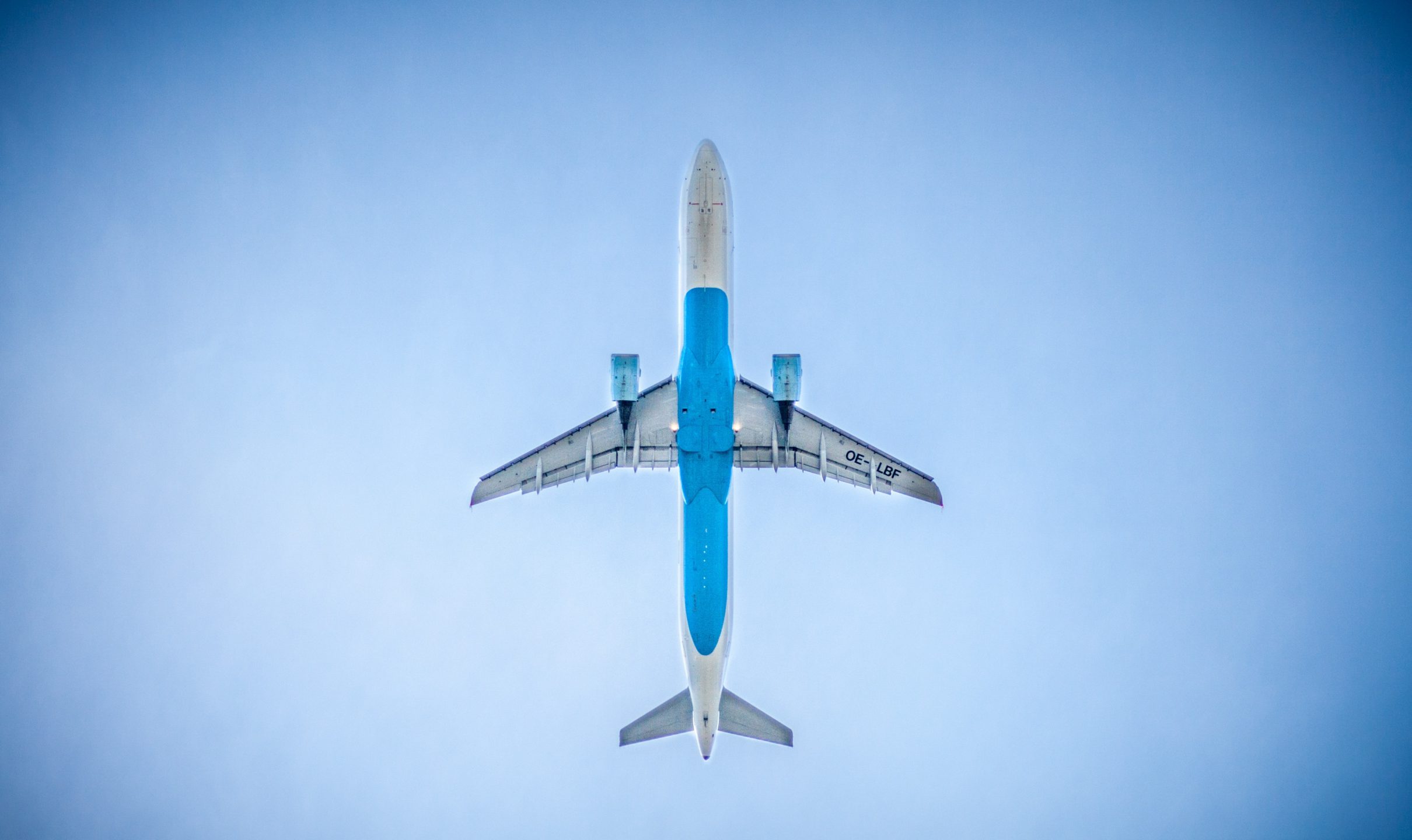According to the Transportation Safety Board’s (“TSB”) annual statistics, there were 239 aviation accidents inside or outside Canada involving Canadian-registered aircraft in 2017. This was 10 more than in 2016.
The TSB also found 921 reportable “incidents”, such as engine failure, system malfunctions, onboard fires, crew member incapacity, depressurizations, and fuel shortages. The TSB described this number as a “significant” increase (almost 10%) compared to the prior year and also exceeded the five-year average of 737.
The TSB said the increase in airline incidents in 2017 is partly due to a higher number of flight training accidents.
PILOTS ASSOCIATION DEMANDS TOUGHER SAFETY INSPECTIONS
The Canadian Federal Pilots Association (“CFPA”) has been concerned about declining air safety as a result of Transport Canada budget cuts. Transport Canada’s aviation budget had decreased by 60% since 2008. As a result of these cuts, many working aviation inspectors have not flown an aircraft in more than a year and do not even hold valid licences.
In March of 2017, 243 CFPA members, made up of Canadian aviation inspectors/ investigators and licensed pilots with Transport Canada and the Transportation Safety Board, were surveyed. According to the survey, it had been at least a year since the majority (67%) of the pilot inspectors and investigators surveyed had flown an actual aircraft. Furthermore, only 55% of those surveyed had completed all mandatory training to oversee and ensure compliance with safety requirements.
The most concerning finding from this survey was that eighty-one per cent of licensed pilots surveyed concluded that a “major aviation accident in the near future is likely”.
The CFPA states the a new federal system allows inspectors to spend most of their time in offices reviewing paperwork, rather than being out in the field performing active inspections. The CFPA is concerned about the lack of mandatory training for inspectors, which heightens safety risks for both employees and the public.
The CFPA is requesting the Liberals boost spending on Transport Canada inspectors in an effort to protect the future safety of airline passengers.
FIRST FATAL ACCIDENT IN SIX YEARS
The TSB has recently provided an update regarding the facts of an aircraft accident that occurred last December in Saskatchewan as it continues to complete its aviation investigation. They found that the plane had not been de-iced prior to takeoff, and that takeoff began with ice contamination on the aircraft.
One passenger died after a West Wind Aviation airplane crash in Fond-du-Lac, Saskatchewan. The plane, carrying 22 passengers and three flight staff, was headed to Stoney Rapids. Shortly after takeoff the aircraft collided with trees and terrain less than a mile of the end of the runway. Nine people on the aircraft reported serious injuries, while sixteen other occupants on flight were also injured.
This was the first airline death involving a Canadian aircraft since 2011 when a First Air flight crashed in Resolute Bay, Nunavut. Transport Canada suspended the airline’s operator certificate shortly after the crash and grounded its planes.
At least six passengers are listed in a class-action lawsuit against West Wind Aviation and Athabasca Basin Development, the airline’s majority shareholder. The plaintiffs allege that the airline’s acts or omissions caused harm to people on the plane. It is also alleged that the aircraft was too large for the length of the runway and other safety concerns, including failure to properly load and distribute the weight of the passenger and freight with appropriate care.
None of the claims included in the lawsuit have been proven in court. The TSB’s investigation into the crash is still ongoing, including an investigation into why the plane was not de-iced prior to takeoff. The results of the investigation are not expected to be released for several months.
Although airplane accidents are extremely rare, they do happen. Injuries may also occur when entering or exiting the aircraft or during periods of turbulence. In these types of cases, an experienced personal injury lawyer can assist in recuperating compensation for injuries by pursuing claims against any responsible party, including, but not limited to, the airline, aircraft manufacturer, airplane parts manufacturer, or the plane maintenance company.
At Cuming & Gillespie LLP, we represent all types of serious personal injury. If you or a loved one have sustained an airplane-related injury and would like more information about your legal options, we can help. For a free initial consultation with one of Calgary’s award winning personal injury lawyers, please contact our office online or at 403-571-0555 today.

